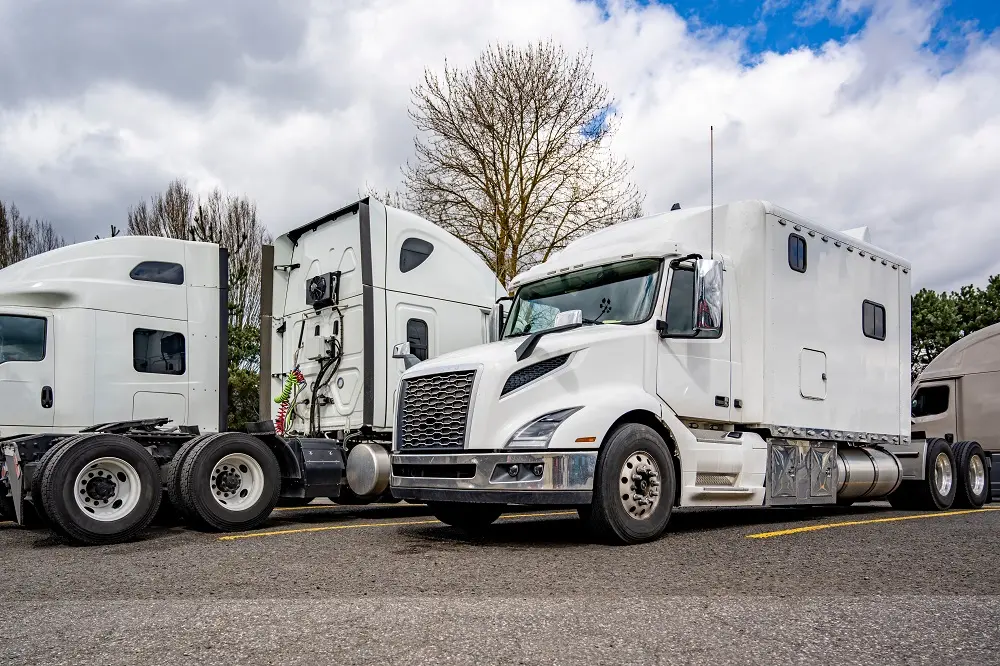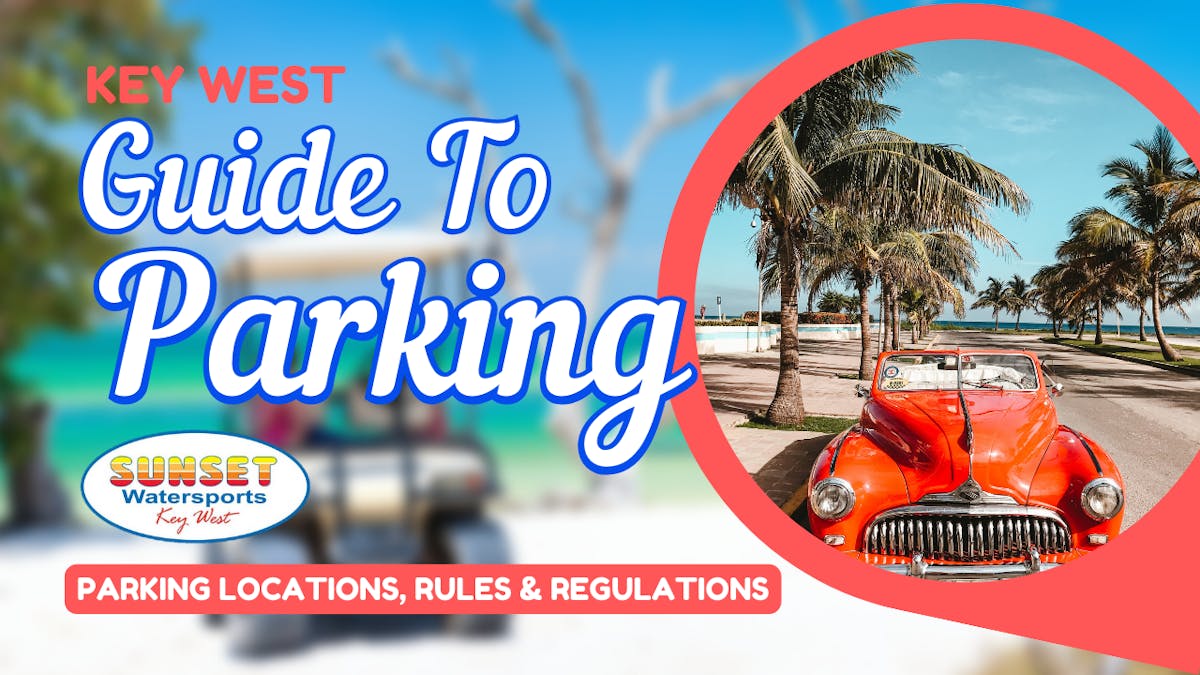Double towing laws vary by state, with some states allowing it with restrictions on length and weight. Always check the specific regulations in the state you plan to double tow.
As of now, only a few states permit double towing. When you are traveling across state lines with multiple trailers in tow, it is crucial to abide by the regulations in each state you pass through. Understanding the double towing laws in different states can help you avoid fines and ensure safer travels.
Let’s delve deeper into the nuances of double towing laws by state to help you navigate these regulations effectively and legally.


Credit: sunsetwatersportskeywest.com
Understanding Double Towing Laws
Understanding Double Towing Laws is essential for safe and legal towing practices across different states. It’s important to grasp the Basic Regulations and any Special Requirements that apply to double towing setups.
Basic Regulations
Basic Regulations for double towing typically limit the overall length of your vehicle combination and require proper visibility of all trailers. Speed limits and lane restrictions may also apply.
Special Requirements For Double Towing
- Special Requirements may include obtaining a special permit or license endorsement.
- Safety chains and specific lighting configurations are often mandated.
- Braking systems for each trailer may be required based on the total weight being towed.

Credit: www.bankrate.com
Double Towing Laws By State
Double Towing Laws by State vary across the United States, with specific regulations governing the practice. Understanding the regulations in each state is crucial for safe and legal double towing. Here, we explore the Double Towing Laws by State in the US.
States Allowing Double Towing
In states such as Texas, Utah, and Wyoming, double towing is permitted under certain conditions. These states have regulations that outline the requirements for safely double towing on their roads.
States Restricting Double Towing
California, Florida, and New York are among the states that restrict or prohibit double towing. Their laws have specific limitations on the practice to ensure road safety.
Specific State Regulations
Each state has its own set of regulations regarding double towing. For instance, in Michigan, the total length limitation for double towing is 65 feet, while Arizona requires a special endorsement on the driver’s license to double tow.
Safety Considerations
When towing multiple trailers, safety considerations are of utmost importance. Double towing requires a thorough understanding of safe practices, towing capacity, and equipment inspection to ensure the safety of all road users.
Safe Practices For Double Towing
Safe practices for double towing encompass several factors that contribute to safe and efficient towing. These include maintaining proper speed, increasing following distance, signaling intentions clearly, and ensuring all connections are secure and in good condition.
Towing Capacity And Equipment Inspection
It’s crucial to inspect towing capacity and equipment before embarking on a journey with a double tow. Verify that the towing vehicle has the capacity to safely tow the additional load, and inspect the condition of the hitch, safety chains, lights, and brakes.
Insurance And Liability
Explore the evolving laws on double towing by state, ensuring clarity on insurance and liability implications. Stay informed to navigate potential risks and responsibilities associated with double towing. Keeping abreast of state regulations is key to safeguarding yourself and your assets.
Insurance Coverage for Double Towing When it comes to double towing, one of the crucial aspects to consider is insurance coverage. Insurance provides financial protection and ensures that you are covered in case of any accidents or damages that may occur. While specific insurance requirements may vary from state to state, it is important to understand the general guidelines and regulations pertaining to insurance coverage for double towing. Liability and Legal Protection Liability and legal protection are also important considerations when double towing. Liability refers to the legal responsibility that one has for their actions or negligence, while legal protection ensures that you are safeguarded in case of any legal disputes or claims. Understanding your liability and legal protection in double towing scenarios is vital to ensure a smooth and hassle-free experience. Insurance Coverage for Double Towing When it comes to insurance coverage for double towing, it is essential to know the requirements and policies in your state. Here are some key points to consider: 1. Minimum Insurance Requirements: Each state has specific minimum insurance requirements that individuals must adhere to when double towing. This includes coverage for liability, property damage, and bodily injury. Familiarize yourself with the minimum insurance requirements in your state to ensure compliance. 2. Additional Coverage Options: While the minimum requirements cover the basics, it is often recommended to consider additional coverage options to provide further protection. These additional options may include comprehensive coverage, collision coverage, and uninsured/underinsured motorist coverage. 3. Insurance Provider: Choosing the right insurance provider is crucial to ensure reliable coverage and exceptional customer service. Research different insurance companies, compare policies, and consider customer reviews to make an informed decision. 4. Policy Limits and Deductibles: Pay attention to the policy limits and deductibles offered by insurance companies. Policy limits dictate the maximum amount the insurance company will pay in the event of a claim, while deductibles refer to the amount you are responsible for paying before the insurance company provides coverage. Understanding these factors is key to selecting the right insurance policy. Liability and Legal Protection In addition to insurance coverage, it is essential to understand your liability and legal protection when double towing. Consider the following aspects: 1. Know Your Liability: Familiarize yourself with the liability you have when double towing. Understand the traffic laws, regulations, and road conditions specific to your state. This knowledge will help you navigate potential liability issues in a responsible manner. 2. Legal Protection: Ensure you have appropriate legal protection in place in case of any accidents or disputes. Consult with an attorney specializing in towing laws to understand your rights, responsibilities, and legal recourse options. By understanding the insurance coverage and liability and legal protection implications of double towing, you can navigate the towing experience confidently and responsibly. Make sure to stay up to date on state-specific laws and regulations to ensure compliance and a worry-free journey.Tips For Legal Double Towing
When it comes to double towing, understanding the laws by state is crucial. Each state has specific regulations and restrictions, so it’s essential to be aware of these before hitting the road. Knowing the tips for legal double towing can help ensure compliance and safe travels.
Introduction
When it comes to double towing, it’s essential to understand the specific laws and regulations in each state to ensure you’re traveling legally. Whether you’re hauling a boat behind your RV or towing a small trailer, knowing the tips for legal double towing can save you from potential fines and penalties. In this guide, we’ll provide you with important information on planning your route, complying with state laws, and taking precautions for safe travel.
Planning Your Route
If you’re considering double towing, planning your route is crucial for a smooth and hassle-free journey. Here are some tips to help you navigate efficiently and avoid any legal complications:
- Research state-specific laws: Before hitting the road, take the time to research the laws and regulations regarding double towing in the states you’ll be passing through. Understanding the specific rules can help you avoid unnecessary citations and ensure a safe and legal trip.
- Choose wide and well-maintained roads: To give yourself ample space and maneuverability, opt for wider roads and highways. Check for any construction or roadwork along your route and plan accordingly to avoid potential detours or narrow lanes that may prove challenging for double towing.
- Consider the weight and size limitations: Double towing often comes with weight and size restrictions. Be mindful of these limitations and ensure that your combined load, including both your tow vehicle and the trailers, is within the legal limits defined by each state.
- Identify suitable overnight parking: Research and identify RV parks or campgrounds that allow double towing or provide adequate space for your setup. Knowing your overnight parking options in advance will make your journey more enjoyable and stress-free.
Complying With State Laws
Double towing laws can vary significantly from one state to another. To ensure your journey is legally compliant, consider these important points:
- Obtain the necessary permits: Some states require special permits or endorsements to legally double tow. Check the specific requirements and make sure you have the appropriate documentation before traveling through these states.
- Adhere to maximum speed limits: Pay attention to the maximum speed limits for double towing in each state you pass through. These limits may differ from the standard speed limits for single vehicles, so it’s important to stay within the legal boundaries at all times.
- Properly display required signage: Certain states may require the display of specific signage on your setup, indicating that you are double towing. Ensure you have the necessary signs in the correct locations to comply with state regulations and improve overall road safety.
- Regularly check safety equipment: Make it a habit to inspect and maintain all safety equipment on your tow vehicle and trailers. This includes ensuring the proper functioning of brakes, lights, and any other safety features required by law.
- Stay up to date with legislation changes: Keep in mind that double towing laws can change over time. Stay informed about any updates or modifications to state laws to avoid any surprises or legal complications on your travels.
Precautions For Safe Travel
While traveling with a double tow setup, taking extra precautions can enhance your safety on the road. Here are a few measures to prioritize:
- Allow for extra stopping distance: Double towing can increase your stopping distance significantly. Leave a larger gap between your vehicle and the one ahead to ensure you have enough space to come to a safe stop, especially in emergency situations.
- Practice careful maneuvering: Double towing requires more attentiveness and precision when maneuvering. Take wider turns and be mindful of the overall length of your setup, considering obstacles such as curbs, overhead structures, or low clearance areas.
- Drive defensively and anticipate challenges: Stay vigilant and anticipate potential challenges on the road. Be aware of other drivers’ behavior, adapt to changing road conditions, and maintain a defensive driving approach to keep yourself and others safe.
- Communicate using proper signals: Use turn signals, brake lights, and hazard lights effectively to communicate your intentions to other drivers. Clear and timely signals can help prevent accidents and ensure smooth traffic flow.
- Regularly inspect your setup: Perform regular inspections of your tow vehicle, trailers, and their connections at rest stops or during overnight stays. Look for any signs of wear and tear, loose connections, or damage that might compromise the safety and stability of your setup.
Common Double Towing Misconceptions
In the world of double towing, there are several misconceptions that boggle the minds of many. Understanding these common double towing misconceptions is essential for ensuring compliance with the laws of the respective states. Let’s delve into clarifying legal ambiguities and debunking popular myths surrounding double towing.
Clarifying Legal Ambiguities
When it comes to double towing, the laws governing this practice can be quite ambiguous. Different states have varying regulations regarding weight limits, the number of trailers, and licensing requirements. It’s crucial to consult the specific state’s transportation department or read the official documents to ensure compliance. Moreover, reaching out to legal experts can provide clarity on the legal nuances related to double towing.
Debunking Popular Myths
One popular myth regarding double towing is that it is universally banned across all states. However, the truth is that many states do permit double towing under certain conditions. Debunking these myths and understanding the actual legal framework can help in navigating the double towing landscape more effectively.
Conclusion And Resources
Below you will find a summary of key points related to double towing laws by state along with additional information and resources for further clarity and guidance.
Summary Of Key Points
- Double towing laws vary by state.
- It is crucial to familiarize yourself with specific state regulations.
- Check if a special endorsement or permit is required for double towing.
- Understanding weight limits and length restrictions is essential.
Additional Information And Resources
- Contact the Department of Transportation in your state for detailed information.
- Refer to the official state government websites for up-to-date laws.
- Consult with local law enforcement or a legal professional for clarification.
- Join forums or online communities for insights from experienced double towers.

Credit: koa.com
Frequently Asked Questions For Double Towing Laws By State
What Are The Double Towing Laws In The United States?
Double towing laws vary by state, with some states allowing it and others prohibiting it altogether. It is crucial to familiarize yourself with each state’s specific regulations before embarking on a double towing adventure.
Can I Double Tow With My Vehicle?
Whether or not you can double tow with your vehicle depends on the state you are in. Some states have specific regulations regarding the type, size, and weight of the vehicles involved. It is essential to check your state’s laws and ensure that your vehicle meets the necessary requirements.
What Is The Maximum Length Allowed For Double Towing?
The maximum length allowed for double towing varies from state to state. While some states have no specific length restrictions, others impose limits on the overall length of the vehicle combination. Ensure you are aware of your state’s regulations to avoid penalties or towing violations.
Conclusion
It is crucial for anyone planning to double tow to be aware of the specific laws and regulations in their state. Understanding these regulations can prevent potential legal issues and ensure safe and responsible towing practices. Stay informed and always adhere to the double towing laws in your state to enjoy a stress-free towing experience.